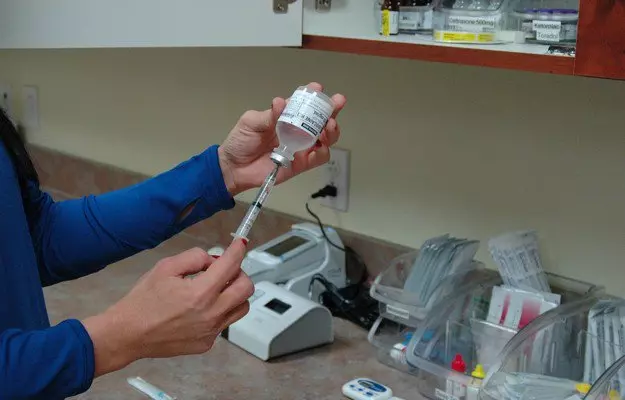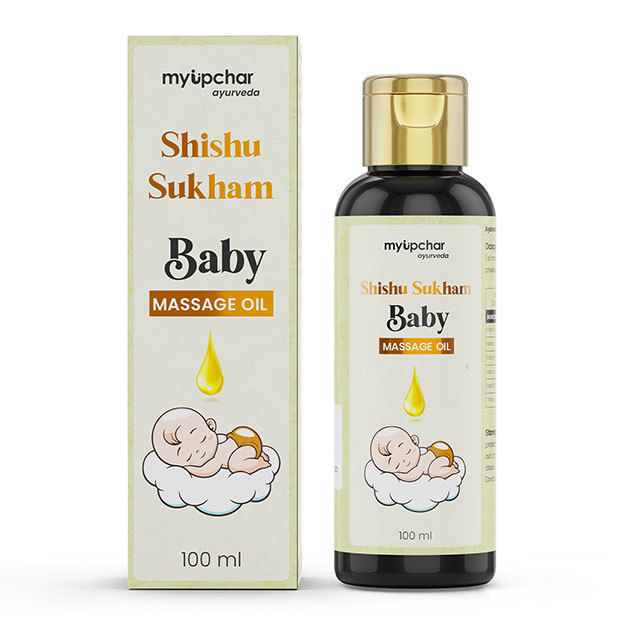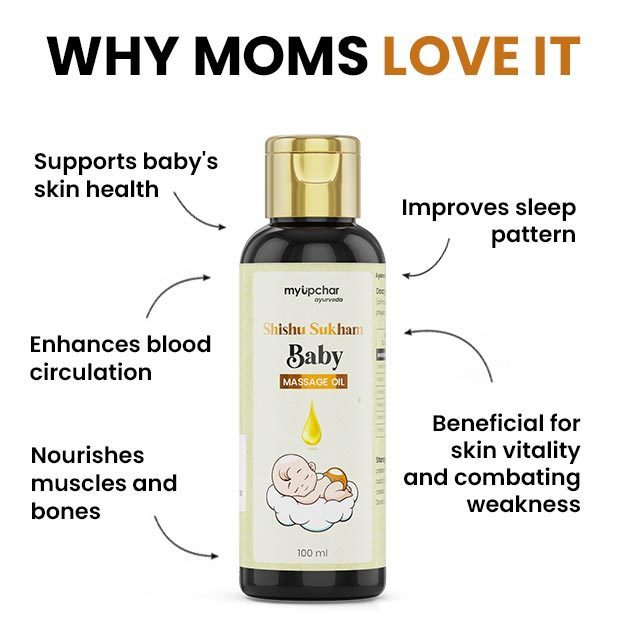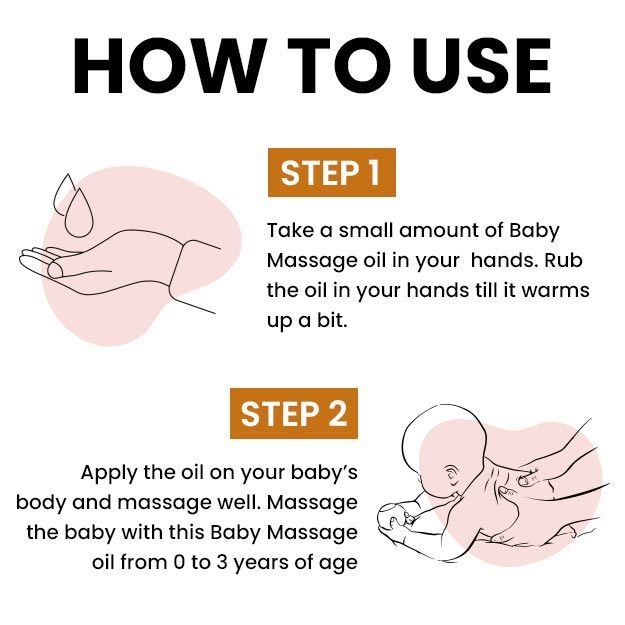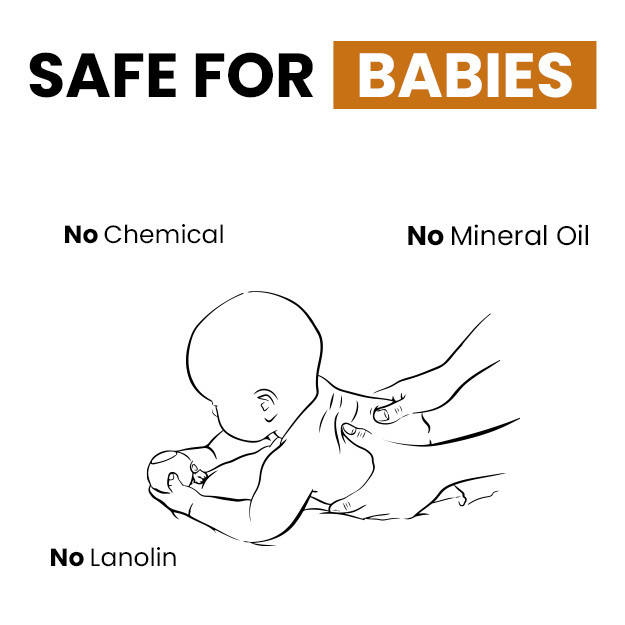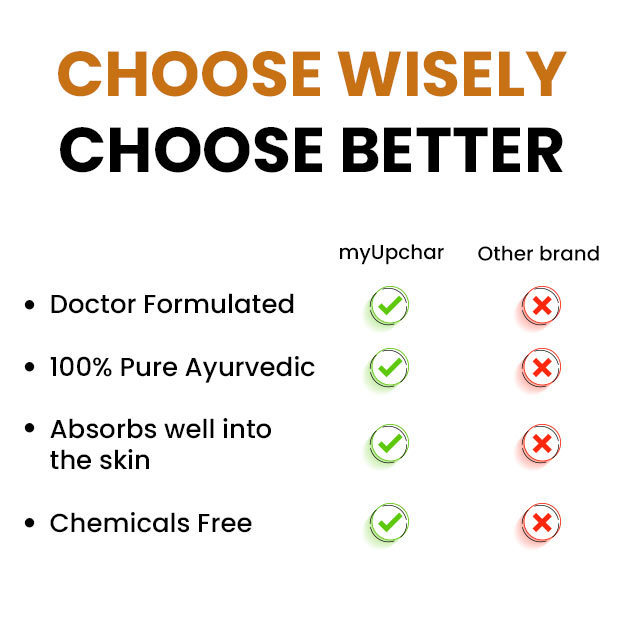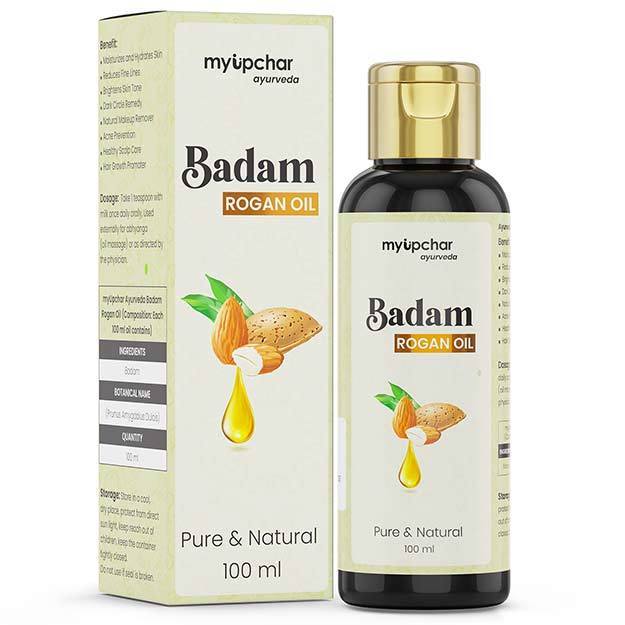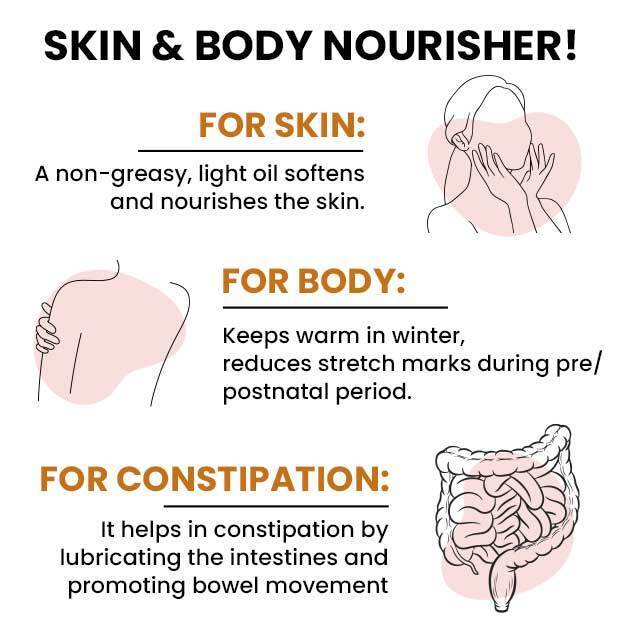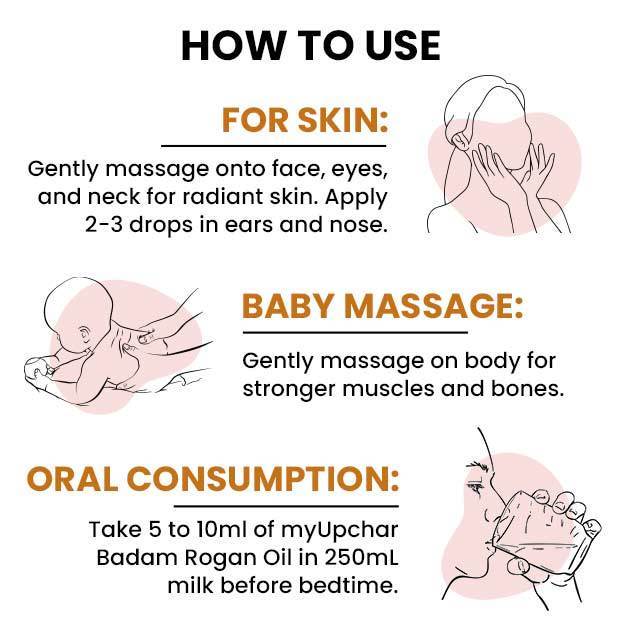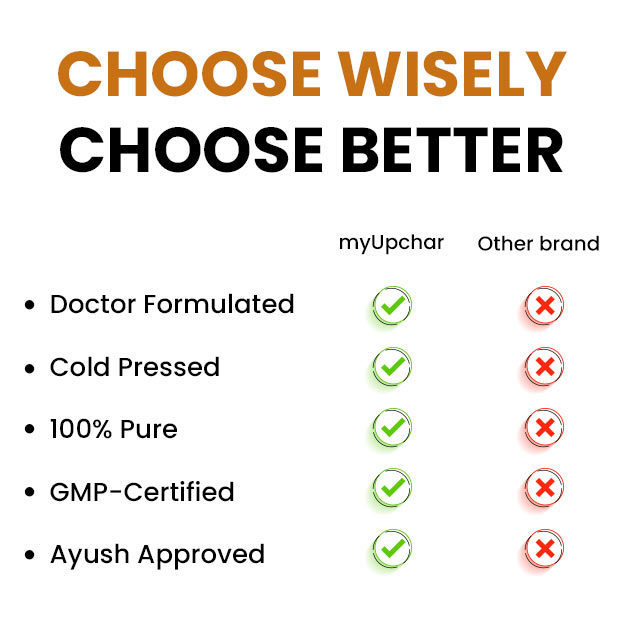The DPT vaccine enables the immunity of children up to seven years of age to fight against the bacteria of diphtheria, pertussis and tetanus. After this, a booster vaccine of DPT is given to maintain the prevention and protection of these diseases in adolescents and adults. This vaccine is also called Tdap. This vaccine is given at the age of 11 years.
The DPT or DTP vaccine mainly protects children from diphtheria, pertussis, and tetanus. All these three diseases are being explained in detail below.
Diphtheria:
It can cause breathing problems, paralysis and heart failure.
Tetanus:
Tetanus is a serious bacterial disease that affects the nervous system of the body. This causes the muscles to contract, causing a lot of pain. Tetanus especially affects the muscles of the jaw and neck. Tetanus is known as lockjaw, in which the person is neither able to open the mouth nor swallow anything.
Pertussis: Whooping cough:
It is also known as whooping cough. Due to this cough, babies and children have difficulty in eating, drinking and breathing. Along with this, whooping cough also causes epilepsy, pneumonia and brain damage in children or infants. In some cases, it can even cause death of the child.
Sometimes DPT is combined with other vaccines. Learn more about these vaccines:
Quadrivalent vaccine:
This vaccine contains DPT as well as HiB, which protects your child from Haemophilus influenza type B.
Pentavalent vaccine:
This vaccine contains DPT along with HiB and HepB, which protects the child from hepatitis B.
Hexavalent vaccine:
This vaccine contains DPT along with HiB, HepB and IPV (injectable polio vaccine).
Combination vaccines give your child multiple medicines in a single dose. If you do not give combination medicines to the child, then all the vaccines under the National Immunization Scheme should be administered on time.
(Read more - Painless vaccines: what are they)

